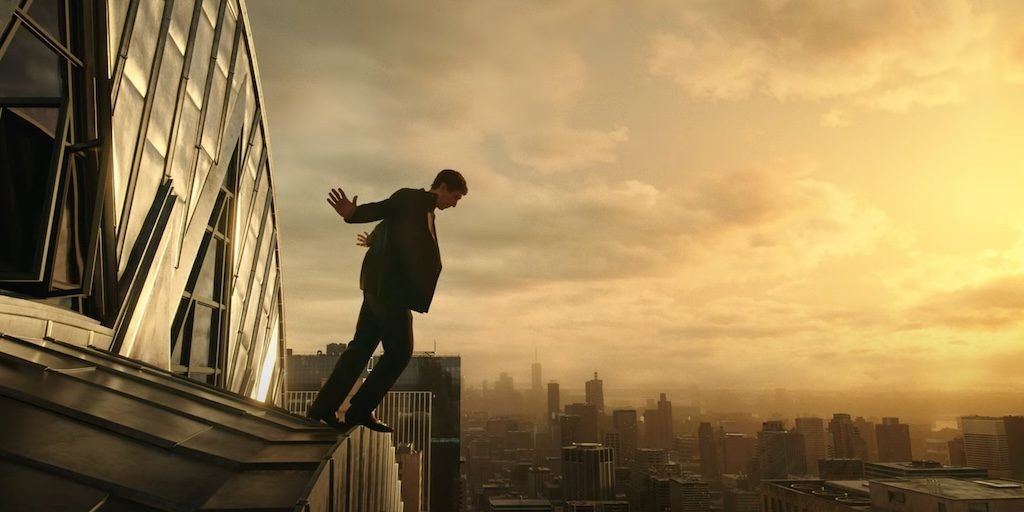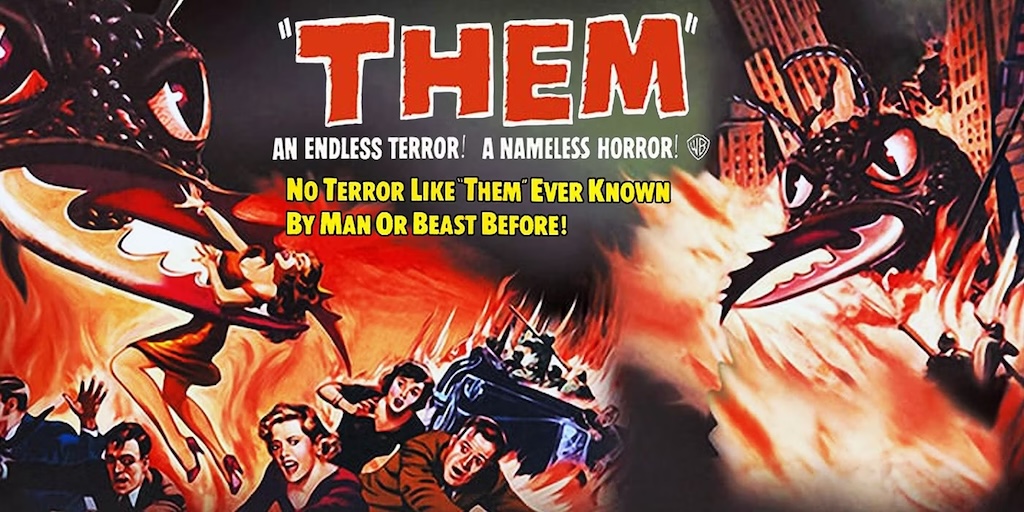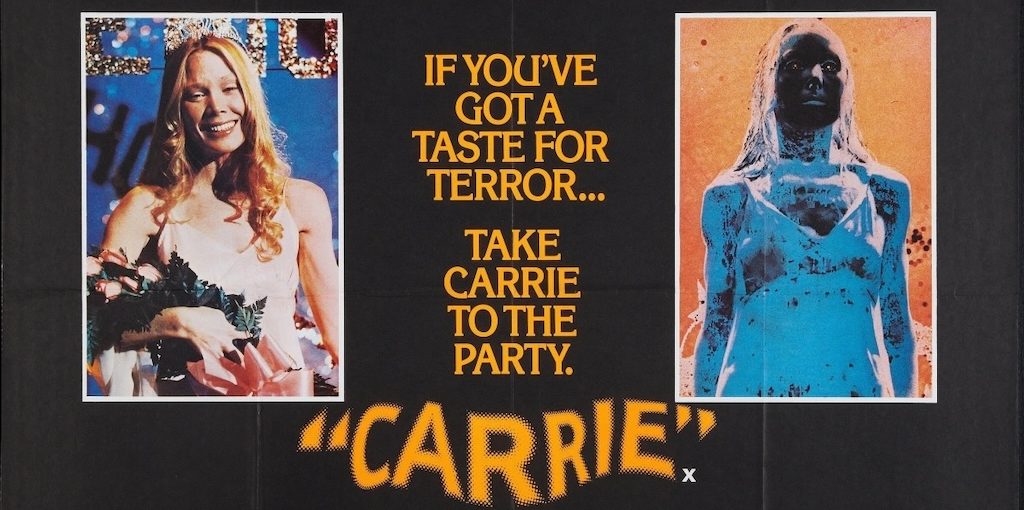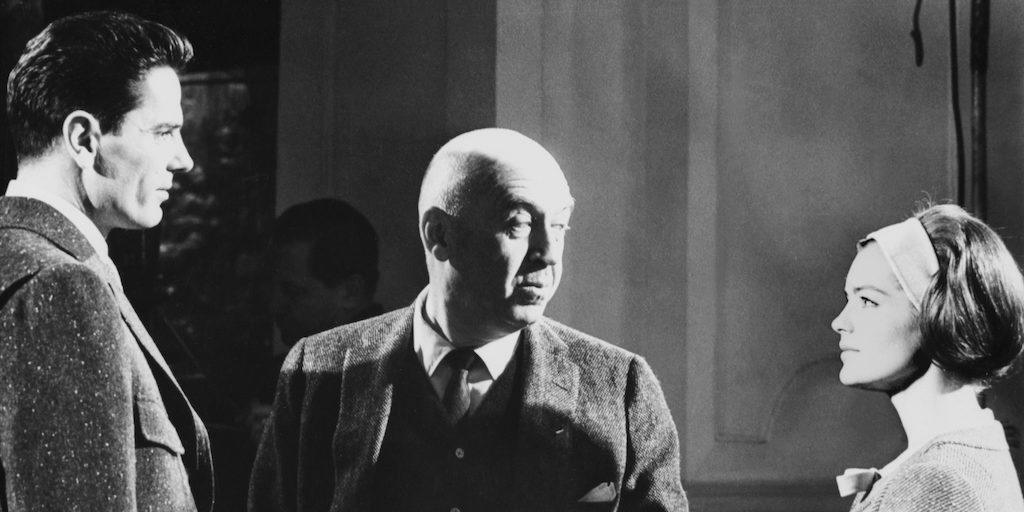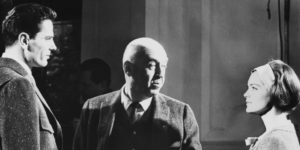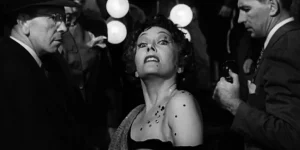MEGADISAPPOINTMENT
There is a term that has been employed in several reviews posted on this site about the expectation generated by a film before it opens, part of a marketing “move” also denominated “hype”. I don’t know if you remember the story about the man dying of laughter at a theater upon seeing A Fish Called Wanda or the one that happened last year during the first minutes of early screenings of David Cronenberg’s Crimes of the Future previous to its world premiere, when in fact, by my own experience or having talked to peers about it, no such thing ever happened. Megalopolis created much of this hype. Nowadays it became usual in journalism to generate a bond with the reader, listener, receiver, consisting of a pretext, a peculiarity, characteristic or reaction from these first viewings, be it the content of a teaser, trailer, a simple mention or a note of color, as it happened weeks earlier and even hours before the first screening of Coppola’s latest film. By this I specifically mean that an actor did not get along with one of his cast mates during the shoot, or even the hours of make-up he had to endure. In short, a long list of realities and/or occurrences that add up to the ruse and do not contribute anything to the experience of watching the film.
Francis Ford Coppola has not directed anything since Twixt (some 13 years ago, a movie with inert ideas) nor he had secured necessary financing to be able to conceive this project for decades, which led him to self-financing as he did with beautiful and now positively remembered One from the Heart, the reason why his own studio, Zoetrope, went bankrupt. Self-financing is not a frequent course of action by today’s cinema standards, even less when taking into consideration the scope of a super production this film offers. There is a factor that comes into the equation when talking about Coppola’s films: generally speaking, his oeuvre was not quite praised by critics upon first release, with the exception of The Godfather, The Conversation or Apocalypse Now. Why do we, to this day, long for and analyze films such as Peggy Sue Got Married, Tucker, Gardens of Stone or even The Godfather, Part III, which were torn apart upon their first releases? Why it is so hard to talk about Coppola and his latest films that are a far cry from his masterpieces?
Megalopolis is an ambitious project and a colossal one at the same time. One can appreciate a recurring theme in Coppola’s filmography: that of filming and dealing with subjects such as art, architecture, opera, design, the construction of an object and its bond with history, in this instance with the Roman Empire, which brings to memory references in The Godfather, Part II or Part III, or even Tucker: The Man and His Dream.
Adam Driver portrays Caesar Catalina, Nobel Prize in Architecture, who lives at the Chrysler building of a New York City now called the New Rome. He manages to manipulate a new element or material called Megalon that has unique properties in the field of construction and, at the same time, it grants him the skill of stopping time. Caesar, along with his urbanistic designs, has an integral general project in mind about changing architecture and the people’s way of life: the creation of Megalopolis, a city that feeds back with the citizen/human in many ways and, why not, produce an evolution. Therefore, he seeks to combine an improvement in the quality of life that allows the human being to employ his time in a more efficient way so they are able to do what they really want, commit to the environment and other issues. An environmental outlook reminiscent of James Cameron’s wishes with his Avatar films. Now, this is all great, but… the mise-en-scene Coppola employs for his fable –as he makes it stands out in the main title-, although daring and grandiloquent (as it happened with Damien Chazelle’s Babylon), it also culminates by manifesting itself into a counterproductive excess, similar in counterpart to what happened throughout the end of Tetro, a film that had quite an interesting beginning only to fall into the precipice.
Megalopolis features intertitles recited by Laurence Fishburne, here portraying Caesar’s chauffeur, and there is even room for resources such as the irruption in the very theater of a real physical person that interacts with the film, something that does not add anything to the plot of the film and will also be impossible to reproduce in regular theatrical releasing. Here Coppola breaks the wall and introduces the notion of “film within a film”, laying out the idea that the audience very well might be the ones questioning Caesar and Coppola himself. As a matter of fact, something we are doing with this text or, to make a reference to Angel Faretta as an analogy, the middle class that does not appear in Titanic but can afford a ticket to see it. Adding up to Coppola’s excesses are very simplistic notions about politics. The figure of the banker (Jon Voight), the idiot son named Clodio (Shia LaBeouf), the mayor (Giancarlo Esposito), the reporter (Aubrey Plaza), a crime story/courtroom drama about Caesar’s late wife and a love story rather lacking in chemistry with Julia (Nathalie Emmanuel), whom also is the mayor’s daughter. Coppola’s film accentuates the notion of the attempt to recreate the fall of the Roman Empire that, without going further, could easily have been taken from films such as Batman or Batman Returns. When scenes of street protests irrupt, added to the film’s score, it looks like Spike Lee is behind the camera, something that stands out forcefully against the diverse tones the film transits through.
It comes a time in Megalopolis in which the perplexity is notorious. The dialogue edges on ridiculous and the poor performances of great actors that God knows why have agreed to participate in this, therefore we see a deplorable Dustin Hoffman or John Voight (the lead duo in Midnight Cowboy) or Shia LaBeouf being similar to the irritable Mark Ruffalo in Poor Things. The film goes on provoking a longing for it to end and not become the pastiche of characters in front of camera against CGI designs in the background that ends up being, full of corny messages and the desire of achieving our access to a utopian paradise that is not only architectural but cinematic.
With Megalopolis we will find ourselves way far from either intention and it is necessary to manifest the wish for Coppola to film again, as many times as he has to, and delve, continuing to explore, exploiting and manifesting, but also to make us think and rethink his films, as well as debate them, as much as we encounter a mega-sized disappointment at the end of it.
![]()
Director/Screenwriter: Francis Ford Coppola. Cast: Adam Driver, Nathalie Emmanuel, Shia LaBeouf, Giancarlo Esposito, Aubrey Plaza, Jon Voight, Dustin Hoffman, James Remar, Talia Shire, Jason Schwartzman. Producers: Michael Bederman, Francis Ford Coppola, Barry J. Hirsch. Runtime: 133 minutes.

